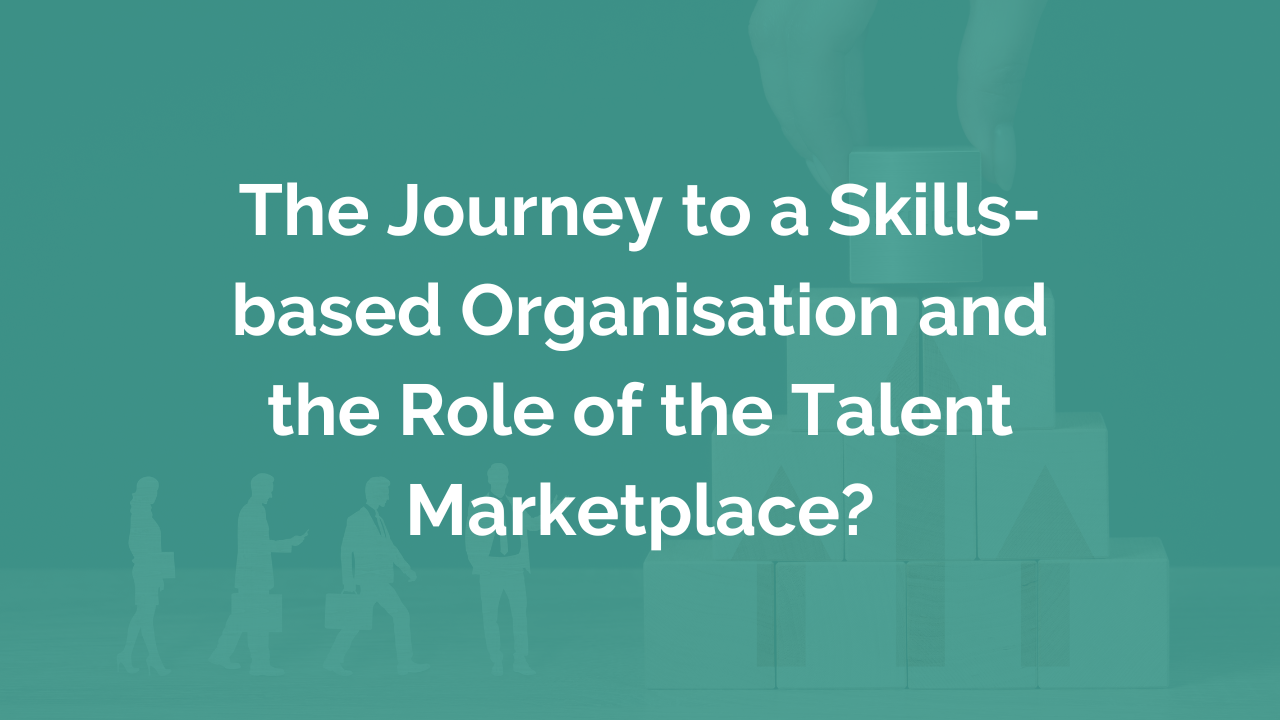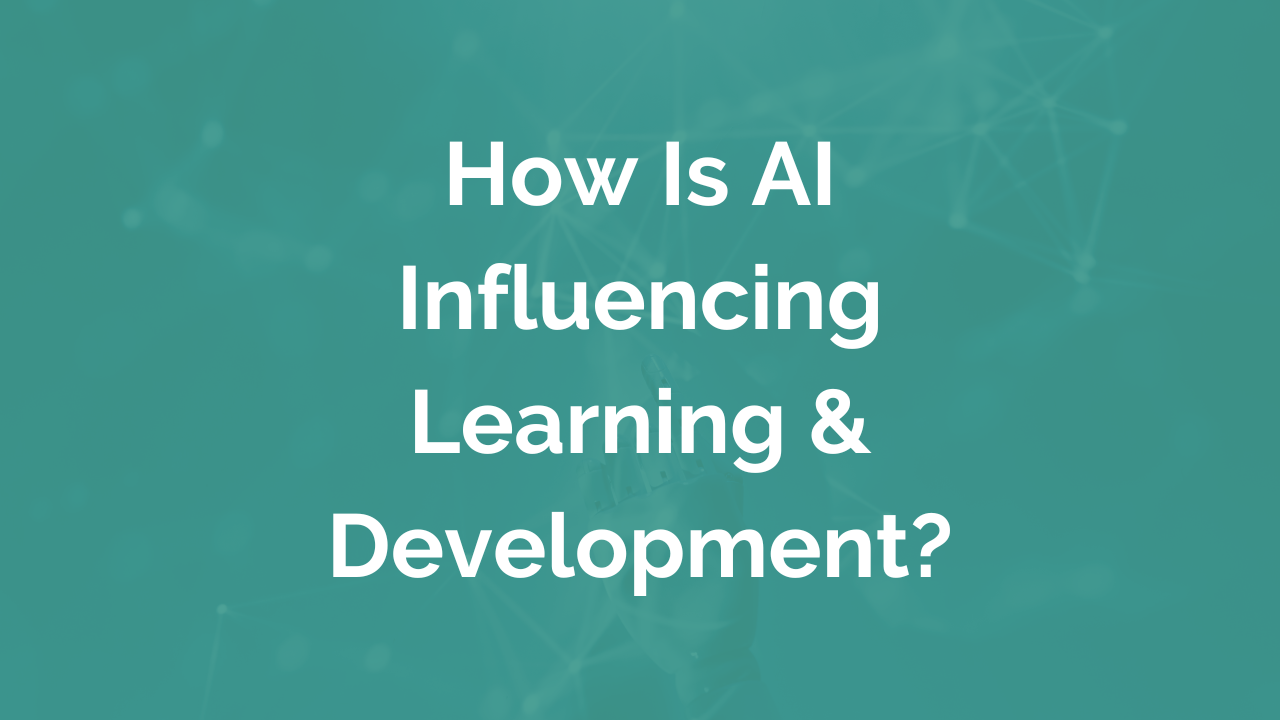According to PwC, three-quarters of CEOs are concerned about the availability of key skills and how this could constrain them from acquiring, developing, and retaining the talent they need to drive growth. This is prompting an increasing number of companies to transition towards a ‘skills-based organisation’. The effort to do so should not be underestimated especially as the consequence of this shift is that the dominant structure of work for the past century – the job – is increasingly being disrupted.
Read MoreMercer’s Global Talent Trends 2022 study articulates the shift towards a skills-based organisation. The report outlines how companies who are successfully doing this are addressing skills shortages through a two-pronged approach. First, they are Bending the Demand Curve through deconstructing jobs into tasks, automating parts of jobs, redesigning jobs and redesigning work models to make it easier to find people to do the tasks needed. This is coupled with Bending the Supply Curve through accessing non-traditional talent pools, reskilling/upskilling and redeploying existing talent, rebalancing the employee value proposition to attract new talent, and considering co-opetition and talent sharing.
Read MoreAI and technology are becoming more and more intertwined with the duties of HR. With the realisation from C-suites and business leaders that HR plays a large part in business success, CHROs, HRBPS and analytic teams have a new responsibility to become more aware of recent advancements. Moreover, understanding how it improves all aspects of people management, including learning and development, is essential.
Read MoreOne of the biggest and best resources a company has with the most significant influence over whether they succeed in their industry or fail are the people hired to work in the business. A company with people who are not engaged and do not see a future with the organisation or even their department are likely to see losses. But for, companies that strive for greater growth but also offer continued opportunities for development within the organisation for their employees will discover they experience larger profit and remain competitive in a tight labour market.
Read MoreSince the pandemic to our current state of concerns on economic growth, the fires HR are called to put out have become more taxing and intricate. They need everything in their toolbelt to help them be a service to the employees and provide real value to business leaders. Applying data to the many pain points, HR professionals face in today's work environment gives them an edge over their competitors and delivers better results.
Read MoreCompanies face incredible challenges with labour shortages and skills gaps as they struggle to get work done. The traditional ways of filling open positions where HR professionals would post the job description and undergo the lengthy recruitment process to find qualified candidates are no longer effective. So, HR professionals and business leaders focus on a skills-based talent strategy to stay competitive in the tight talent marketplace.
Read More





